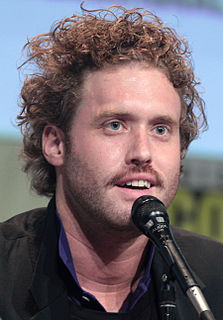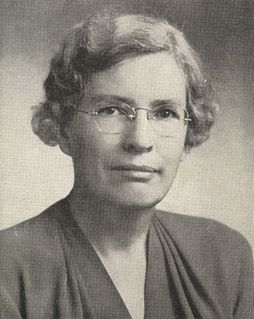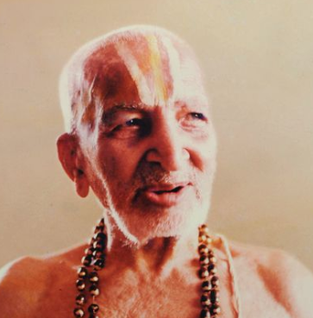A Quote by B.K.S. Iyengar
Death is unimportant to a yogi; he does not mind when he is going to die. What happens after death is immaterial to him. He is only concerned with life-with how he can use his life for the betterment of humanity. Having undergone various types of pain in his life and having acquired a certain mastery over pain, he develops compassion to help society and maintains himself in purity and holiness. The yogi has no interest beyond that.
Related Quotes
Meditation upon death does not teach one how to die; it does not make the departure more easy, but ease is not what I seek. Beloved boy, so willful and brooding, your sacrifice will have enriched not my life but my death. ... Centuries as yet unborn within the dark womb of time would pass by thousands over that tomb without restoring life to him, but likewise without adding to his death, and without changing the fact that he had been.
Who knows when the end is reached? Death may be the beginning of life. How do I know that love of life is not a delusion after all? How do I know that he who dreads to die is as a child who has lost the way and cannot find his way home? How do I know that the dead repent of having previously clung to life?
The pure mystic wishes to approach his God only in the all-embracing love. The yogi, too, walks toward one single aspect of God. The bhakti-yogi keeps to the road of love and devotion, the raja and hatha yogi choose the path of self-control or volition, the jnana yogi will follow that of wisdom and cognition.
The Master gives himself up to whatever the moment brings. He knows that he is going to die, and her has nothing left to hold on to: no illusions in his mind, no resistances in his body. He doesn't think about his actions; they flow from the core of his being. He holds nothing back from life; therefore he is ready for death, as a man is ready for sleep after a good day's work.
We are left with nothing but death, the irreducible fact of our own mortality. Death after a long illness we can accept with resignation. Even accidental death we can ascribe to fate. But for a man to die of no apparent cause, for a man to die simply because he is a man, brings us so close to the invisible boundary between life and death that we no longer know which side we are on. Life becomes death, and it is as if this death has owned this life all along. Death without warning. Which is to say: life stops. And it can stop at any moment.





































